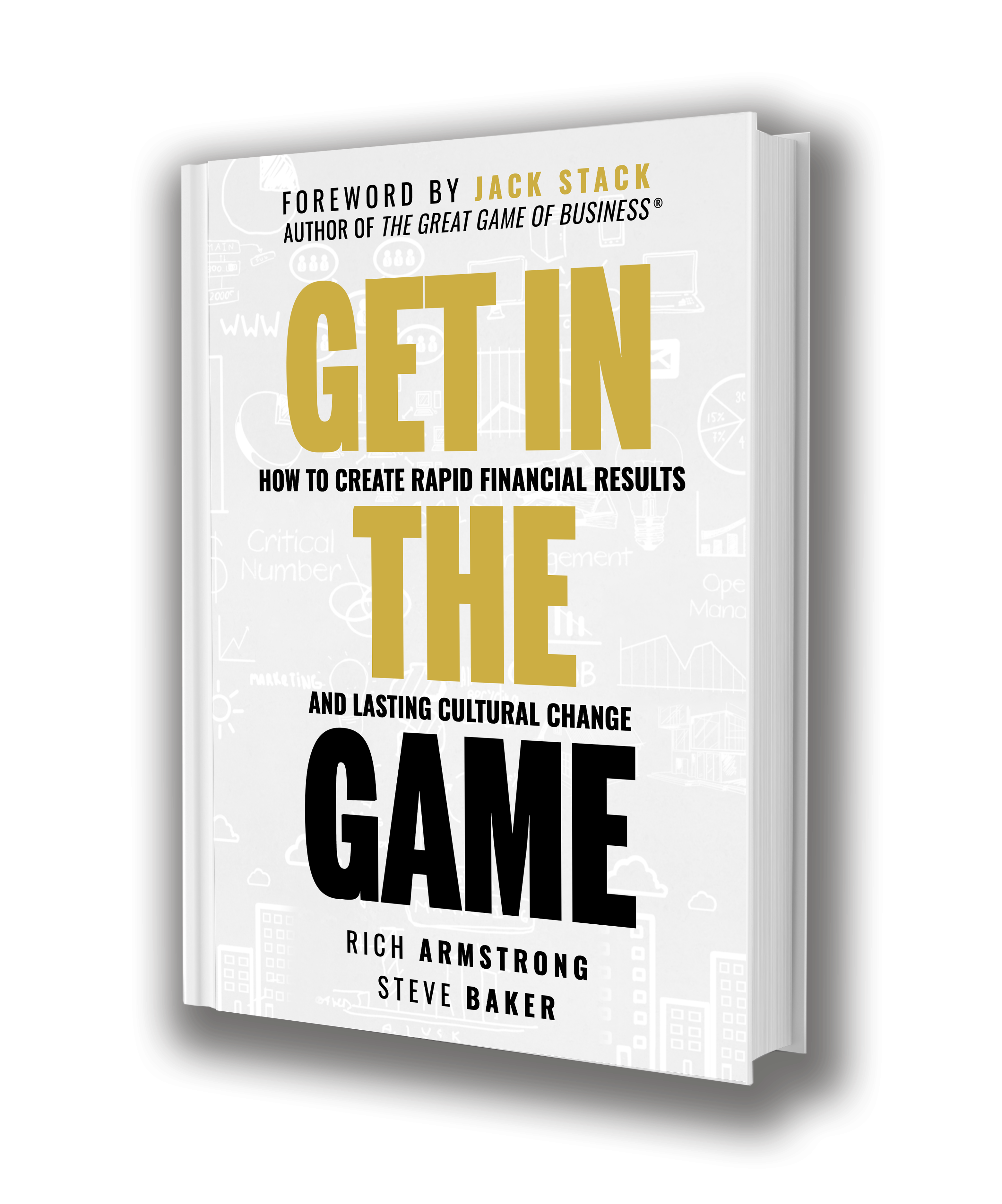
Right now, there is at least one financial or operational number in your company, something right at the heart of your business that, if improved in the short term, would have a dramatic effect on your business. Does everyone in your organization know what that number is, and how important that number is to the success of the business?
A Critical Number™ is:
- ‘The One Thing’ that, at any given time, is going to have the greatest impact on your business.
- ‘The One Thing’ you must achieve – or nothing else you achieve really matters much.
- ‘The One Thing’ that clearly defines winning!
Critical Numbers vary from business to business and industry to industry. They change and evolve over time depending on business conditions and strategic goals. So how do you know what to select?
‘Isn’t The Critical Number Always the Bottom Line?’
Look, the objective of any organization is to make money and generate cash. This is a universal truth. We must teach our people that if we don’t accomplish these two things, we lose careers, jobs, and the business. No money, no mission.
Profit is absolutely critical to any organization (for profit or not-for-profit), and is usually at least one of everyone’s Critical Numbers. Profit funds everything else.
But before you leap to Net Income, PBT or Operating Profit as your Critical Number, consider this: what is the one thing we need to address in this business, this year, or nothing else matters much?
For example, what if most of your profit comes from one big customer? Is profit still your Critical Number? If they drop you or they go out of business, you might go out of business as well. Here, you may have two Critical Numbers; profit and diversification.
Selecting a Strong Critical Number Will Provide These Things to Your Team:
1. Focus
Giving people a long list of goals is like not having any goals at all. Having dozens of performance measures and targets and driving hard to achieve them all won’t help you get results—If everything is important, then nothing is important.
One of the most important jobs a leader has is to set the agenda by communicating the top priorities of the company. We simply can’t do everything. In our experience, those who prioritize with a tighter focus on fewer items will achieve far more of their goals, and far bigger goals.
2. A Common Goal
Give everyone the same set of goals. We don’t want to send people mixed messages on what’s most important. Turn success into a team effort by giving everyone the same big objectives, and be sure they have to work together to achieve them. This way, we either win together or lose together.
3. Education
Your Critical Number is an opportunity to educate your people about the different aspects of business and what it takes to be successful in your organization. In their book, Get in the Game, Rich Armstrong and Steve Baker outline how to choose a Critical Number:
"Remember to emphasize the selection of a Critical Number that keeps people focused on the fundamentals of business: making money and generating cash. A good Critical Number makes a company stronger by eliminating a weakness and supporting strategic growth. The best Critical Numbers also educate people about the different aspects of the business and teach them exactly what it takes to win! The Game is all about opportunities. The Critical Number provides an opportunity to learn and to win that becomes a part of our everyday process of running a business."
Don't forget: HOW we determine the Critical Number is as important as selecting the right one. The process of getting to Critical Number™ is where you get understanding, buy-in and commitment. So, in your quest for your Critical Number, always begin with this mantra: "People support what they help create." That is the magic.
Get your copy of Get in the Game to find more on the Critical Number & helpful resources like the Line of Sight Tool & Critical Number Communication Tool.
Other articles you might like:
.png)












.png)

